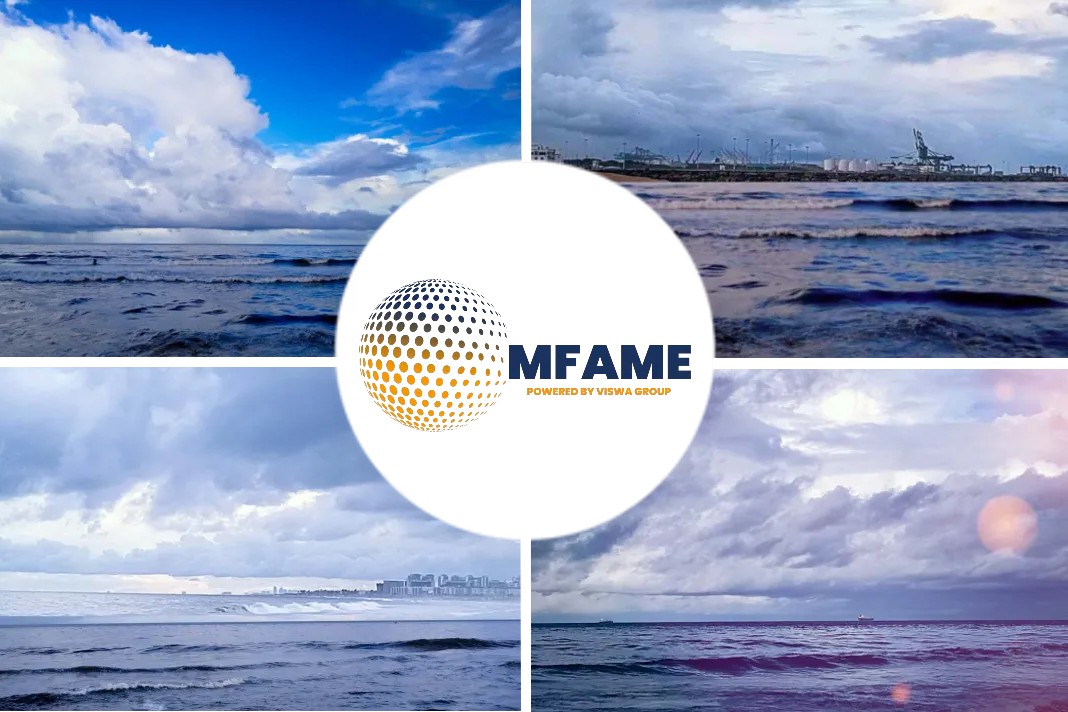
- Wartsila Corp, aims to develop additional dual-fuel and methanol-powered marine engines and seek new Chinese production lines.
- Shipowners’ desire to buy modern and advanced ships to meet IMO’s carbon emission requirements drives several chances for the Finland-based firm’s four Chinese facilities.
- Wartsila has observed a constant increase in demand for dual-fuel engines across all categories because they allow operators to choose fuel based on cost and availability.
- The global cross-sector methanol-capable order book includes over 160 vessels, and over 60% of containership tonnage purchased this year will be methanol-fueled.
Finnish firm sanguine on China’s shipping biz, writes Zhong Nan for Invest in China.
World’s largest life cycle and power solutions
Wartsila Corp, one of the world’s largest life cycle and power solutions providers for marine and energy markets by sales revenue, plans to produce more dual-fuel and methanol-powered marine engines and seek opportunities to add new production lines in China in the years ahead, said its top executive.
Running four plants in China, the Finland-based firm said many opportunities are driven by shipowners’ needs to acquire new and advanced ships to comply with International Maritime Organization regulations aimed at reducing carbon emissions within the global shipping industry.
For instance, Wartsila announced in August that it will supply methanol-fueled auxiliary engines to French shipping company CMA CGM. The engines have been ordered for six 15,000 twenty-foot equivalent unit container vessels which are being built at Dalian Shipbuilding Industry Co Ltd, a subsidiary of State-owned China State Shipbuilding Corp.
“China is by far the biggest shipbuilding country in the world and is therefore a very important market for us. The country will continue to hold the global number one position in shipbuilding, which has offered strong growth momentum for our marine business in China,” said Hakan Agnevall, Wartsila’s CEO and president.
As China embarks on a new era characterized by green and innovation-led growth, Agnevall said the country’s ambition and pledge to achieve its dual carbon goals will necessitate substantial technological advancements and transformative changes within shipbuilding and related industries.
China’s shipbuilding industry recorded sound development in the first seven months, with double-digit increases in output, new orders and holding orders, said the Beijing-based China Association of the National Shipbuilding Industry. The country saw new orders — a major indicator within the shipbuilding industry — jump 74 percent year-on-year to 44.76 million dead weight tons, with a global market share of 67.7 percent.
The Finnish firm is seeing a consistent increase in demand for dual-fuel engines within all segments. The fuel flexibility enables compliance with emissions regulations, while giving operators the option of determining which fuel to use according to cost and availability.
“In addition to further enhancing our partnerships with Chinese shipyards such as CSSC and other privately-owned shipbuilders, we have invested in technologies and innovations that have both boosted fuel efficiency and enabled an increase in alternative-fueled vessels,” said Agnevall.
After seeing the substantial number of methanol-powered containership orders placed in China since last year, Wartsila has also witnessed a remarkable surge in demand for high-end ship engines this year. They will be used in liquefied natural gas-fueled vessels, vehicle carriers and LNG tankers.
Clarksons Research
The global cross-sector methanol-capable order book currently stands at over 160 vessels, and over 60 percent of the containership tonnage ordered so far this year will be methanol fueled, said Clarksons Research, a data and intelligence provider for global shipping based in the United Kingdom.
The association expects the share of methanol-capable vessel orders to reach over 20 percent of all orders, in terms of the number of vessels, by the end of the decade.
Eager to seize more market share in China, Wartsila announced last year that it will supply its hybrid propulsion system to four new heavy lift vessels being built at Anhui province-based Wuhu Shipyard Co Ltd. The system will feature 32 variable-speed main engines capable of running on methanol.
They will be the first methanol-capable ships to employ variable-speed main engines in a hybrid installation, said Wartsila.
While accurately forecasting the duration of the ongoing upcycle remains challenging, it is expected that demand for large containerships will eventually achieve stability in the future. Nonetheless, continued growth in demand for large LNG and liquid petroleum gas carriers is expected in the years ahead, said Bao Zhangjing, vice-president of the China Institute of Marine Technology and Economy, a research institute affiliated with CSSC.
Did you subscribe to our daily newsletter?
It’s Free! Click here to Subscribe!
Source- InvestinChina
















